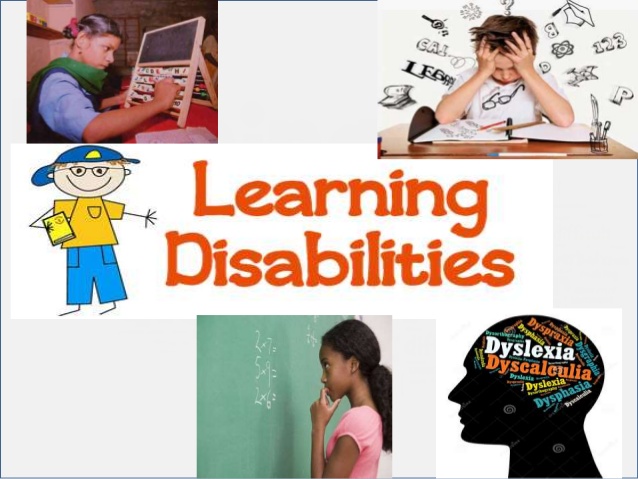It’s not easy for a parent to accept the fact that their child has learning disability. For those who are not aware what apparently learning disability is, it’s a neurological problem of processing that interferes with basic learning skills like calculations, reading or writing. Sometimes, it can also interfere with higher skills that include time planning, abstract reasoning or organization and more. The earlier it is detected and worked upon the better because learning disability does not only affect the academics but moving beyond, it also impacts personal relationships be it friends, family or workplace. Many of you parents, may worry that your child might be labelled as slow and might as well experience low self- esteem. But, apparently, the need of the hour is to meet up with a psychologist or a neurological pediatrician for assessment and work on the remedial approach to the disability. As a parent of a kid with learning disability you need to understand that your child has an above average intelligence and is just as smart as any other kid, but only needs a little bit of outside help to make optimum use of his or her potential.
Furthermore, there is a difference between learning disability and learning problem or issues. While learning problem is due to factors like motor handicaps, emotional disturbance, or visual handicap to name a few, learning disability is about the gap between a child’s potential and actual achievement against it. It is not easy for a parent to find out whether the child has symptoms of learning disability or not because the child looks as normal as any other child, only that the child is not at par with a peer of his or her age as far as skill development is concerned.
Here’s run down some of the specific learning disabilities found in children –
1. Dyslexia – This is a learning disability that affects the reading skills besides the language based processing skills associated with it and hence it is also referred to as language based learning disability. Though the severity of the disability varies from child to child it affects common skill sets like reading, recalling, writing, decoding and sometimes even speech alongside other disorders.
2. Dyscalculia – This specific learning disability is associated with understanding numericals and includes disorders like memorizing and organizing numbers, telling the time, counting trouble, poor comprehension of maths symbols, to name a few.
3. Auditory Processing Disorder – This disability is associated with how the sound that commutes through the ear or how it is interpreted by the brain. A child with this ability does have difficulty processing sounds, recognizing subtle difference between sounds in words even if the sound is loud and clear. The have difficulty understanding from where these sounds are coming in order to block out competing sounds or understand their order.
4. Dysgraphia – This disorder is responsible for affecting the fine motor skills and handwriting ability of a child. The child may experience issues with illegible handwriting, poor spelling and spatial planning, improper spacing and issues while writing as well as with thinking and writing simultaneously.
5. Visual Perceptual/ Visual Motor Deficit – This disorders affects the ability to draw, copy or ability to understand the information that a child views. The disabilities associated with it include poor hand eye coordination, holding pencil too tight, struggle cutting, missing out on differences in printed letters or shapes, to name a few.
6. Non Verbal Learning Disabilities – An individual having NLD or NVLD shows significant disparity between social skills and visual spatial skills besides trouble with interpretation of body language, facial expressions, nonverbal cues as well as poor coordination.
So, if you find your child is exhibiting similar symptoms and you suspect that your child might have learning disability, evaluate your child’s symptoms and on confirmation you may work upon the gaps that are assessed in comparison to the peer group. The special educator usually is the one with whom you can work out a plan that involves activities and actions for making the child independent and move ahead in learning by bypassing the disability or by overcoming it.
Know more about vydehi School of excellence

